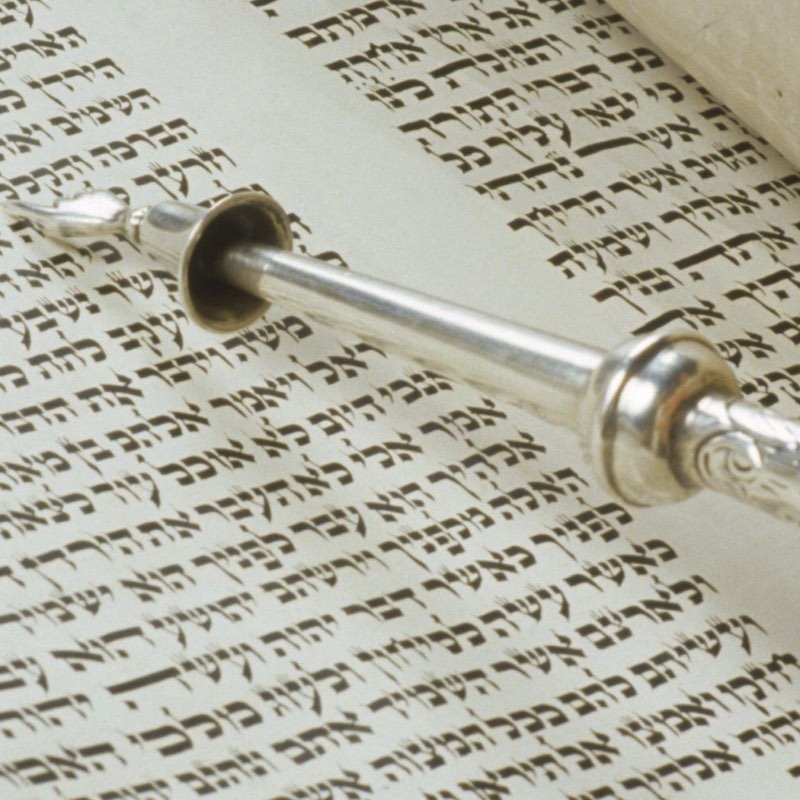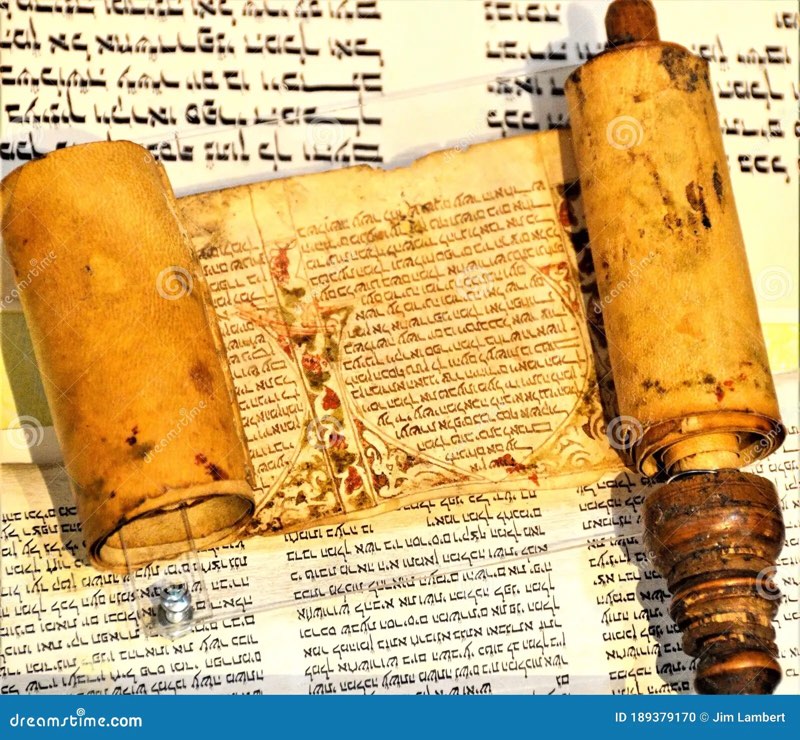What distinguishes the prophethood of Moses from that of the prophets who came after him?
The prophethood of Moses is distinguished from that of subsequent prophets in several significant ways, particularly regarding his role, experiences, and the nature of the revelations he received. Here are some key distinctions:
Direct Encounter with God: Moses is unique in that he had direct, face-to-face encounters with God (Exodus 33:11). This level of intimacy and direct communication is described as unparalleled, with other prophets often receiving messages through visions, dreams, or angels rather than direct interaction.
The Revelation of the Torah: Moses is credited with receiving the entirety of the Torah (the first five books of the Hebrew Bible), which includes laws, commandments, and instructions essential for the covenant community of Israel. This comprehensive legal and ethical code set a foundational framework for Jewish law and identity. Subsequent prophets, such as Isaiah, Jeremiah, and Ezekiel, often reaffirmed, interpreted, or expanded upon the existing laws but did not receive a new foundational law like Moses did.
Covenant Mediator: Moses acted as a mediator of the covenant between God and the Israelites. He led the Israelites out of Egypt, guided them through the wilderness, and established the covenant at Sinai. His role as a leader and lawgiver, along with his intercessory prayers on behalf of the people, underscores his unique relationship as the primary figure in establishing Israel’s identity as a nation under God.
Prophecies and Predictions: While many prophets delivered messages of warning, hope, and future events, Moses’ prophecies included significant long-term predictions, such as the future of Israel in the Promised Land, blessings and curses based on obedience to God’s law (as seen in Deuteronomy), and the coming of a prophet like himself, which later prophetic traditions and the New Testament interpret as a foretelling of the coming Messiah.
Significance in Religious Tradition: Moses occupies a central and revered role in Judaism, often regarded as the greatest of all prophets. His story is foundational to Jewish identity and religious life, and he is frequently referenced in both Jewish and Christian traditions as a touchstone for prophetic authority. In Islam, Moses (Musa) is also revered as a great prophet, but the distinctions in religious functions and teachings remain significant.
Legacy and Tradition: The events of Moses’s life—such as the Exodus, the plagues in Egypt, and the giving of the Ten Commandments—are pivotal events that shape the narrative of the Hebrew Bible. His legacy establishes parameters for prophetic authority, and he is often considered a model for later prophets in terms of leadership, covenant fidelity, and obedience to God’s commands.
In summary, Moses’s unique experiences, the foundational revelation of the Torah through him, his mediating role in establishing the covenant, and the lasting impact of his life and teachings all contribute to what distinguishes his prophethood from those who followed him. While all prophets play essential roles in their communities, Moses stands out as a singular figure in Jewish, Christian, and Islamic traditions.


